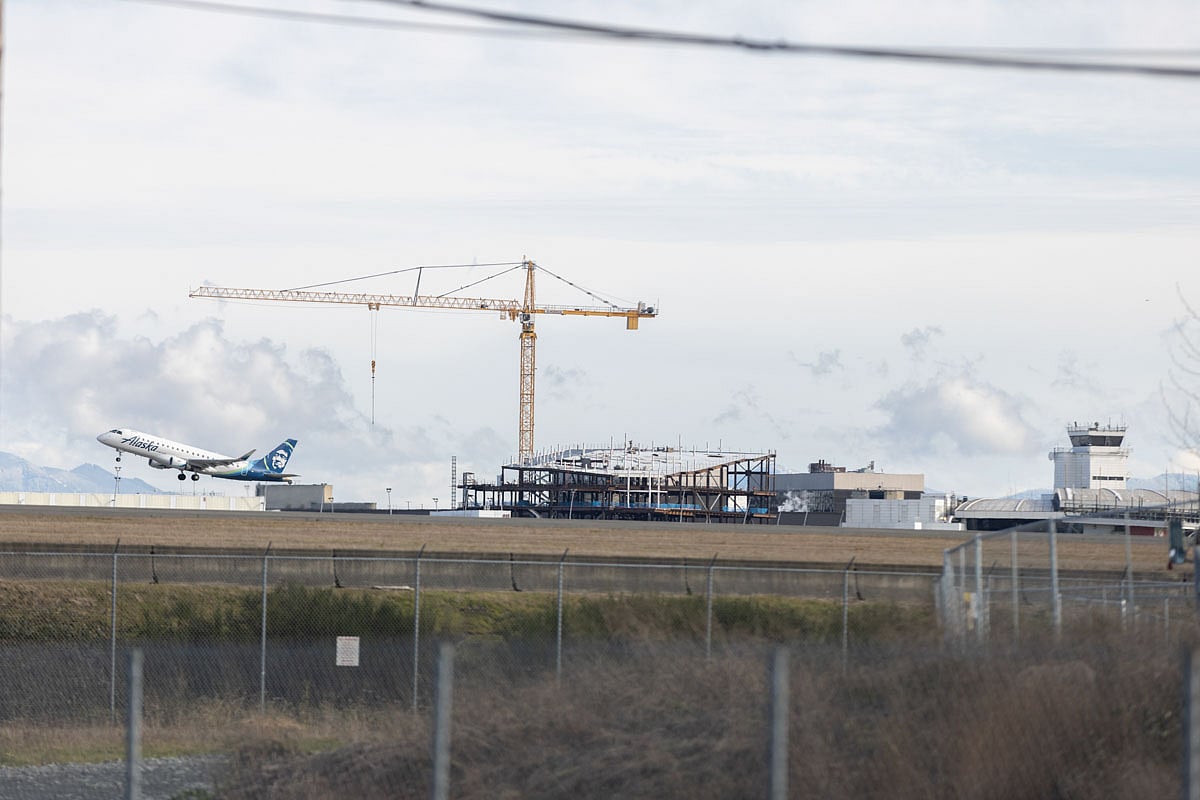Green Alarm: Sea-Tac Airport's Massive Expansion Sparks Community Health Showdown

In a passionate stand against environmental injustice, community activists from the No Added Harm Campaign are mounting a fierce resistance to the proposed expansion of Seattle-Tacoma International Airport. Their battle goes beyond mere opposition—it's a critical fight for the health and well-being of vulnerable communities who would bear the brunt of increased airport operations.
The activists argue that the airport's expansion directly contradicts the spirit and letter of Washington State's progressive environmental legislation, including the HEAL Act and Climate Commitment Act. These laws were designed to ensure that marginalized communities are protected from disproportionate environmental burdens, a principle the proposed expansion seemingly tramples.
While the Port of Seattle maintains that they are conducting a comprehensive review process to address community concerns, activists remain skeptical. They contend that the proposed expansion will lead to increased air and noise pollution, potential health risks, and further environmental degradation in already disadvantaged neighborhoods.
This conflict epitomizes the ongoing challenge of balancing economic development with environmental justice—a delicate tightrope walk between progress and preservation. As the debate intensifies, it raises critical questions about who bears the true cost of infrastructure growth and whose voices are genuinely heard in urban planning decisions.
